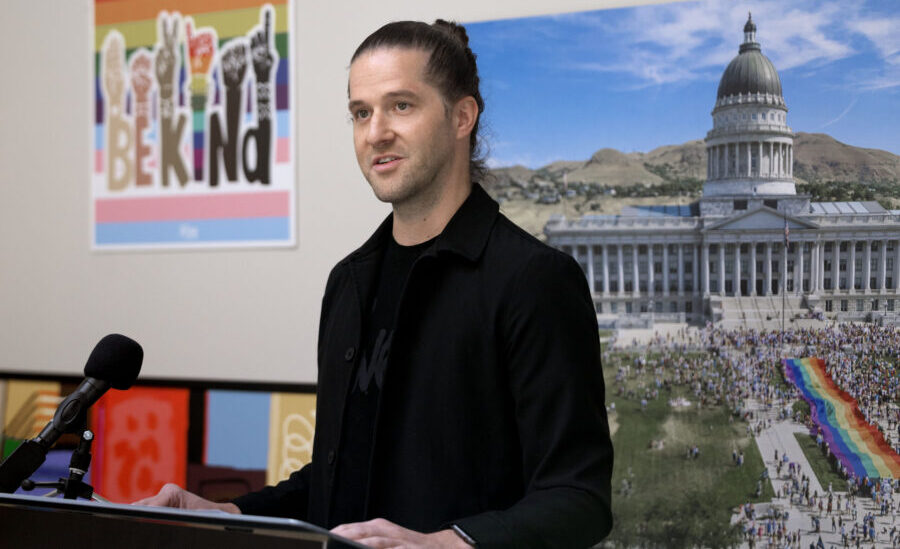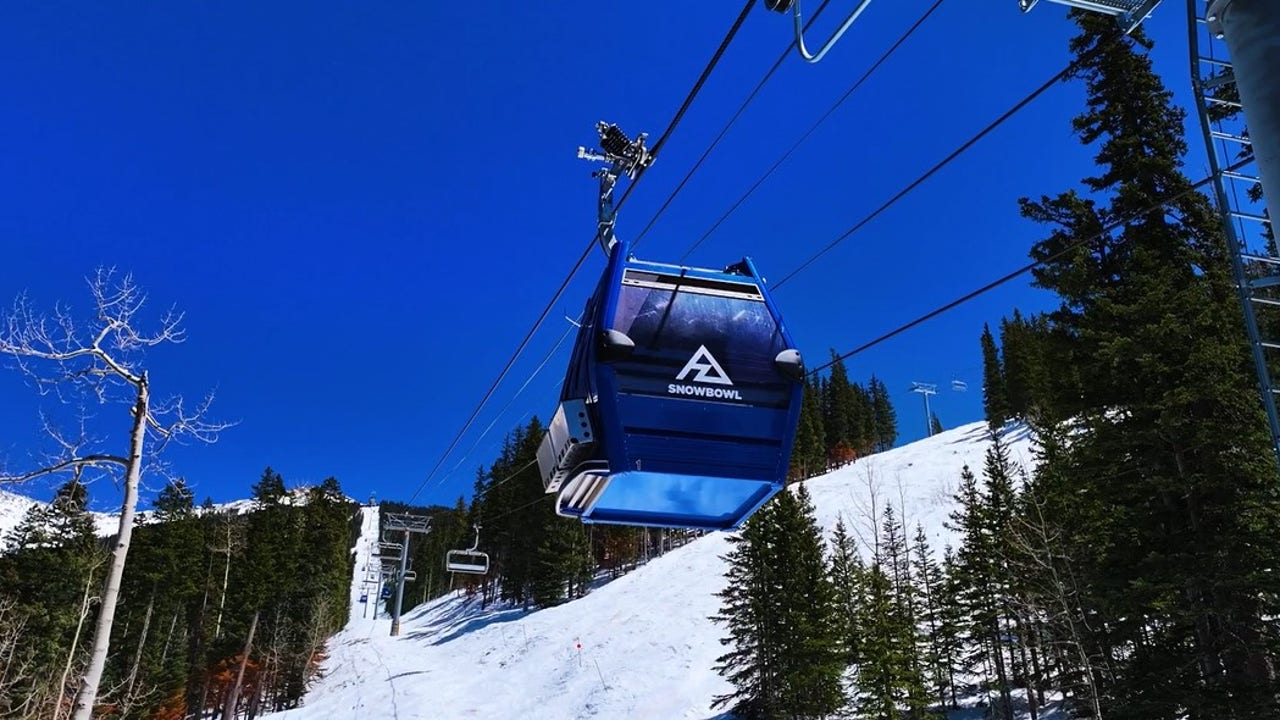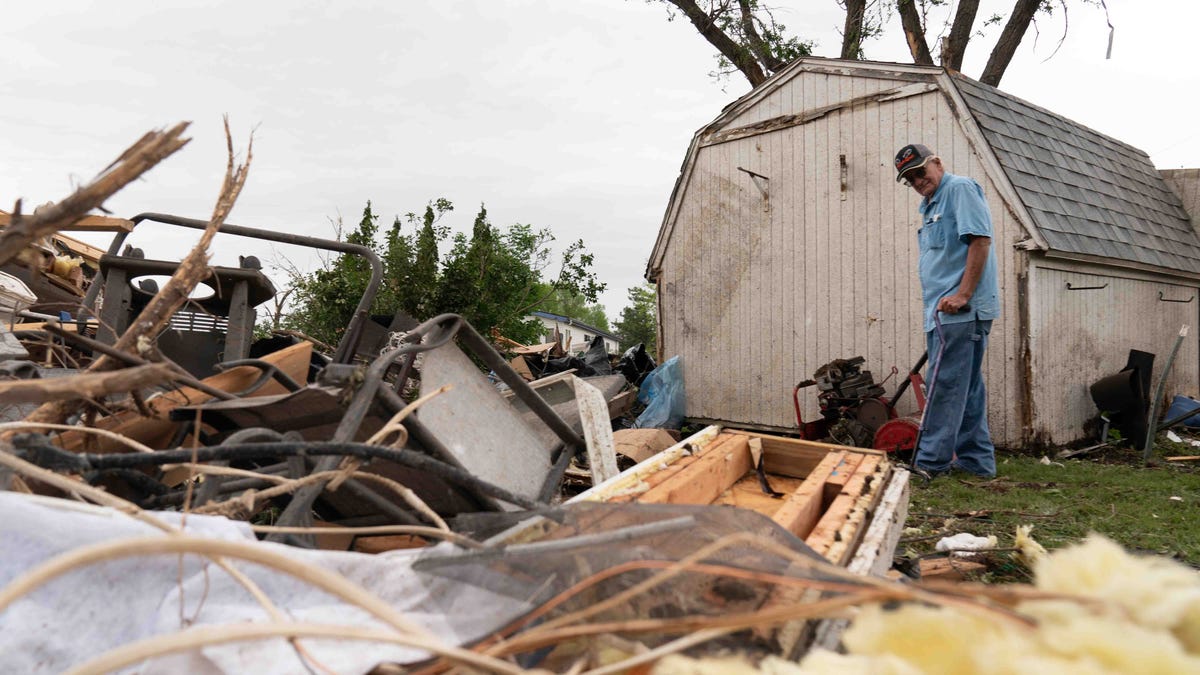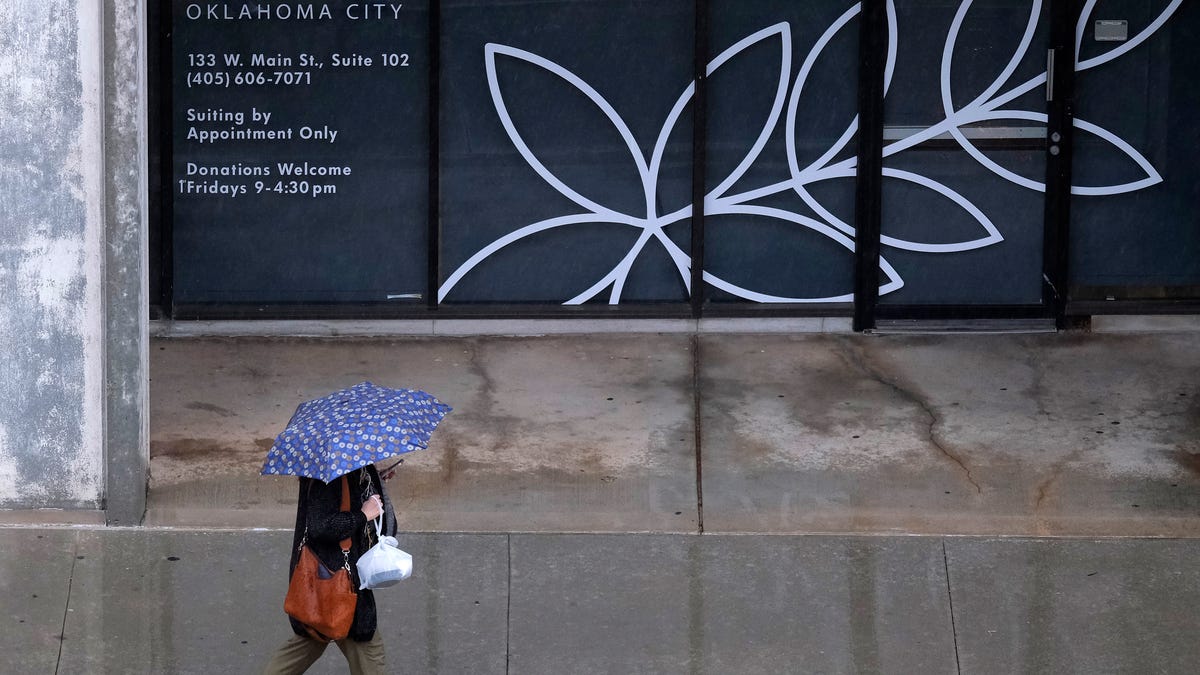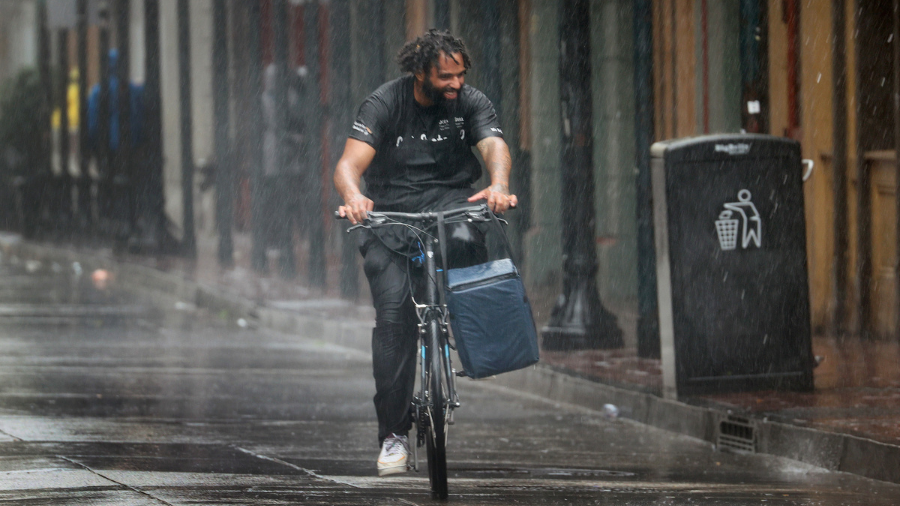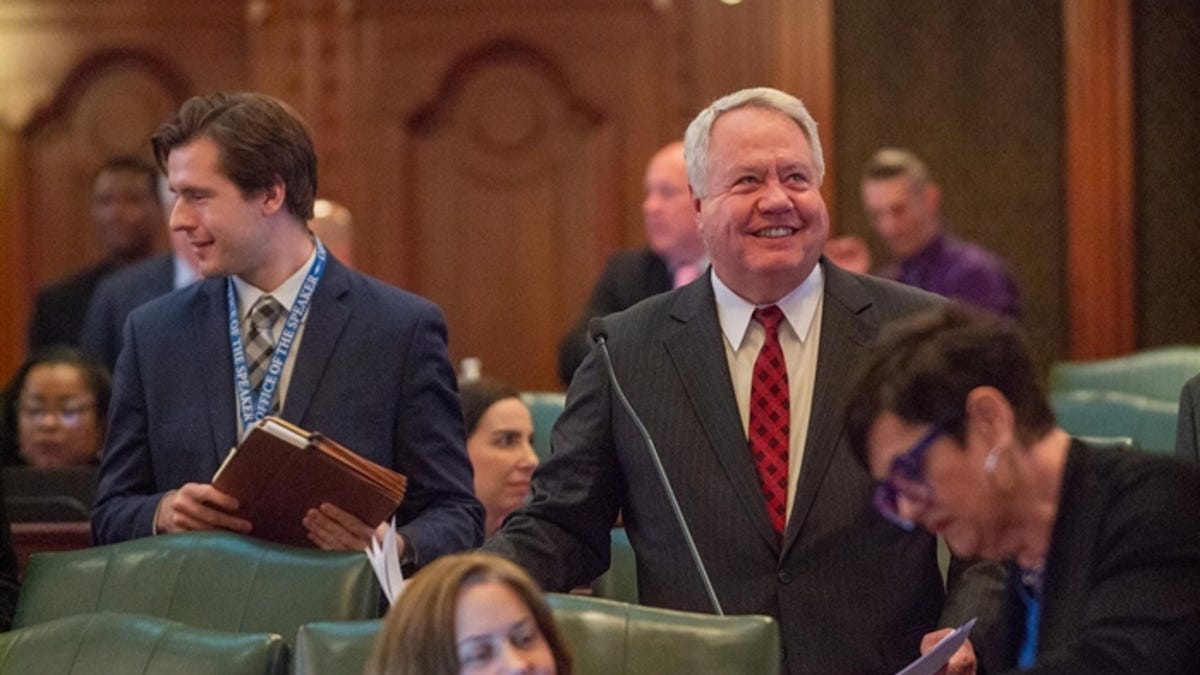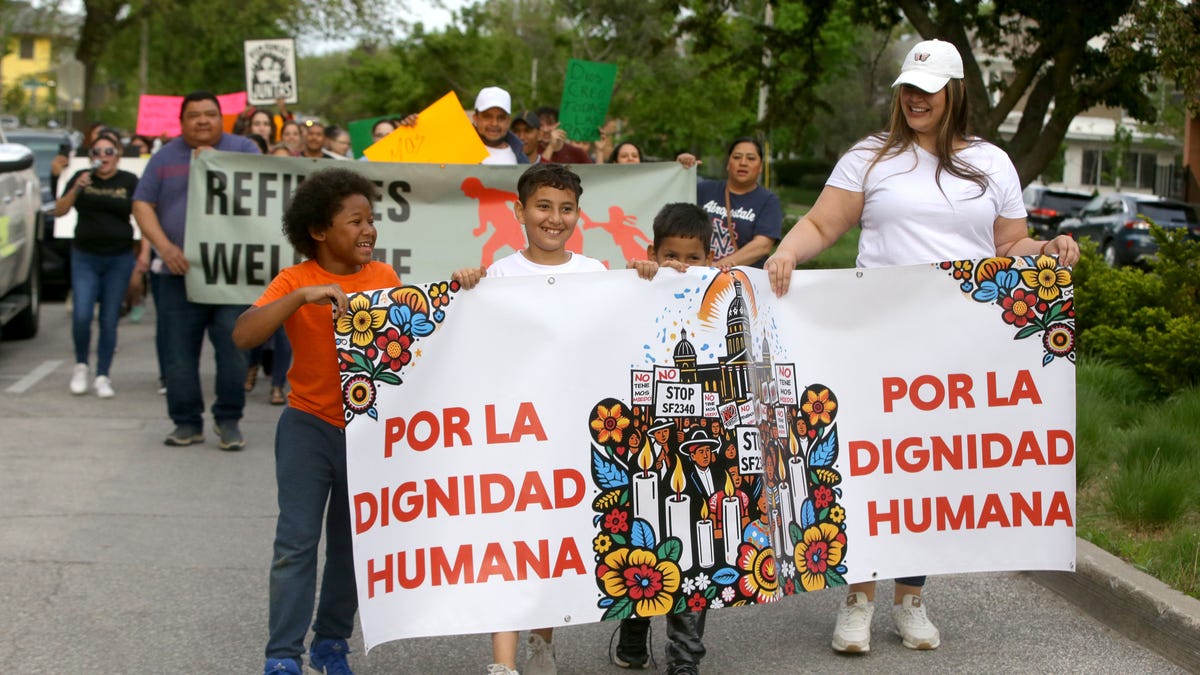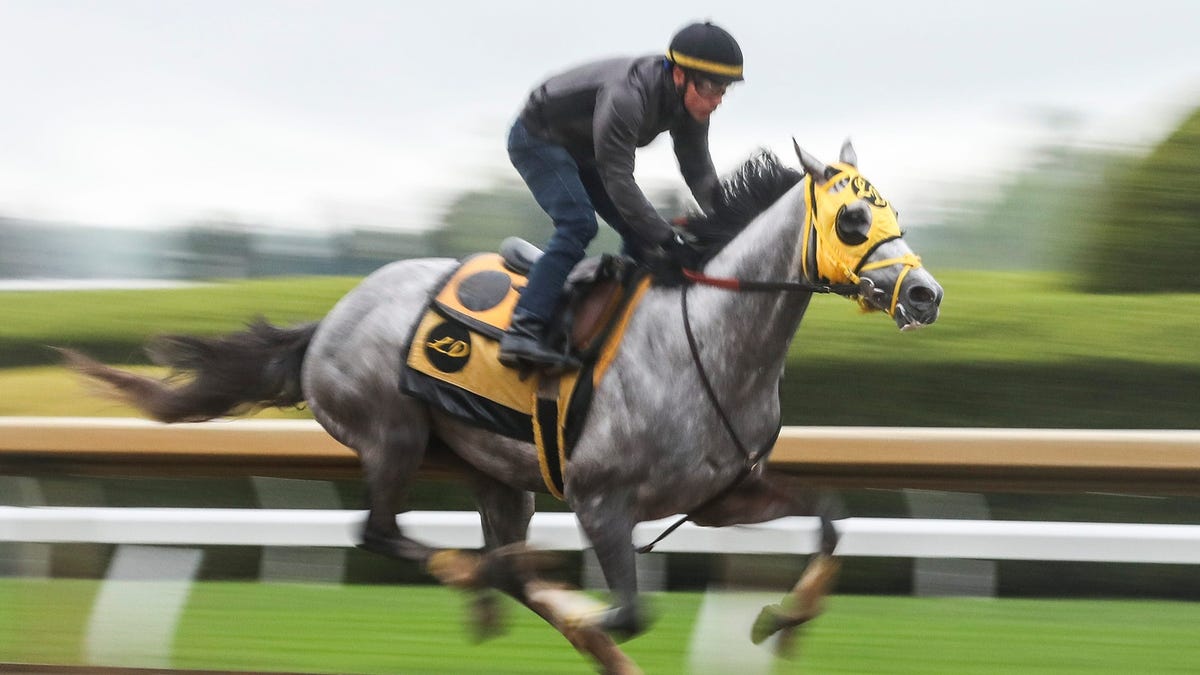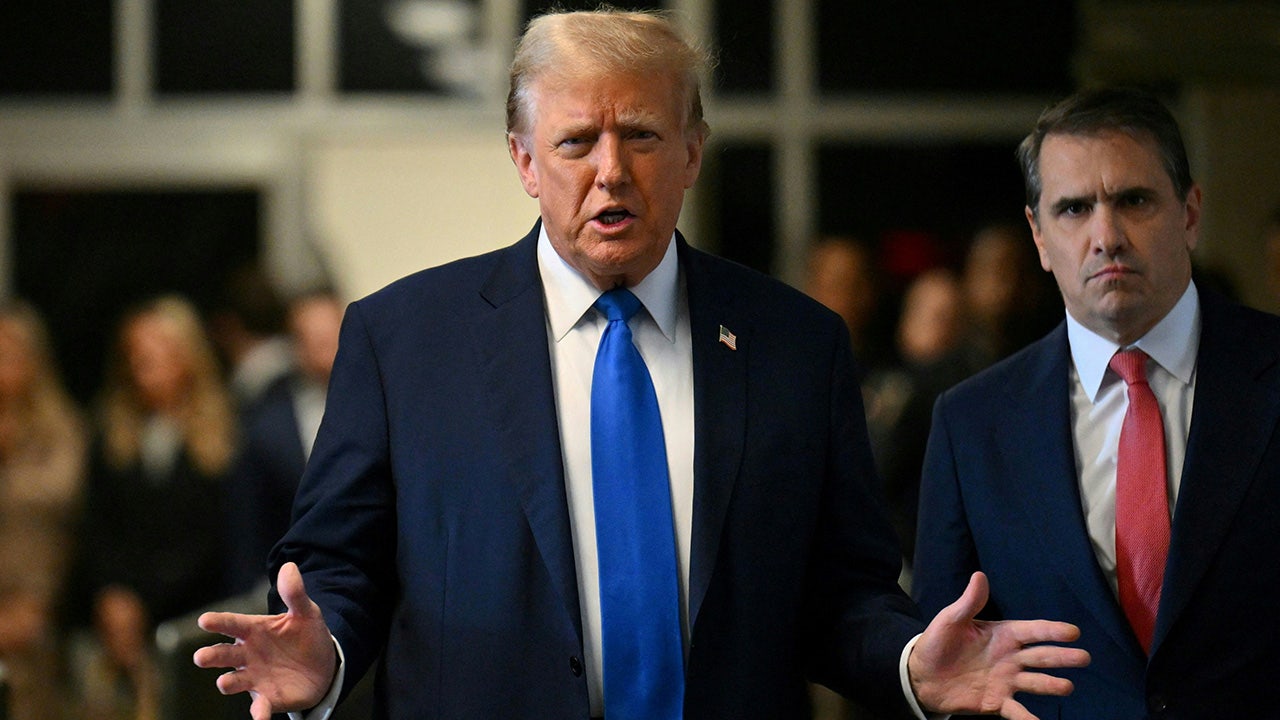Texas
The Texanist: Texas Gets More Tornadoes Than Any Other State, but Don’t Freak Out
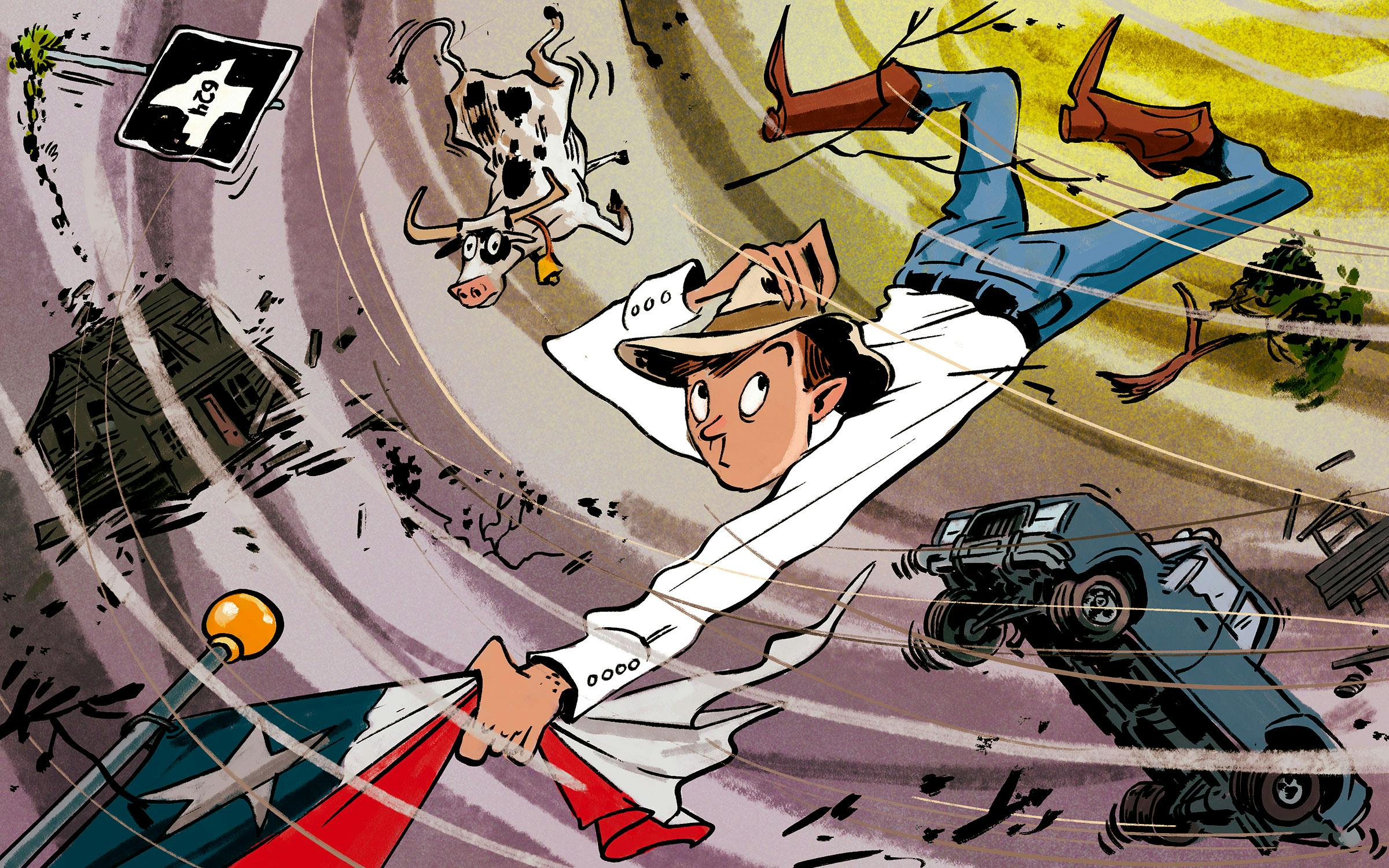
Q: I’m considering a move to Texas from the Northwest and was surprised to learn that most homes there don’t have basements. Your column on the subject persuaded me that they aren’t necessary for storage or youthful socializing, but what about tornadoes? How concerned should I be about tornado risk, and how can Texans stay safe in the event of a tornado?
Michele Dunn
A: Now, here’s a timely question. While tornadoes can touch down in Texas year-round, March through June is generally designated tornado season around here, which is—the Texanist checks his handy wall calendar—precisely where we find ourselves now. Just a week ago, in fact, tornadoes damaged homes and businesses in at least two Texas cities. In Port Arthur, a twister destroyed a Baptist church, while in Katy, a Firestone auto shop and a sports bar suffered serious damage. Thankfully, no one was seriously injured, though one man told the Houston Chronicle that the Katy storm briefly lifted his car into the air while he was inside. “I thought, ‘Okay, this is how I’m going to die,’ ” he said.
All of which is to say: the Texanist understands why a would-be Texas transplant might be concerned. It’s no secret that the weather here is notoriously volatile. As the Texanist was writing this column from his Austin office, for example, the high on Thursday was a steamy 91 degrees; then thunderstorms were expected to roll in that evening, with a chance of hail and dangerously high winds; and then a strong cold front will send temperatures plummeting to a chilly 53 come Sunday morning. This kind of whiplash can be hard to keep up with, let alone dress for.
Why does our weather change so much and so suddenly? Texas is positioned between the warm tropics and colder, more northerly climes, so the moist and warm air that is pushed up from the Gulf of Mexico competes with cooler and drier air that drops down from Canada and the Rocky Mountains. The effect is fairly frequent instability in the air masses above us, which translates to unpredictable weather. And such weather sometimes involves violent thunderstorms, hail of all shapes and sizes, flash flooding, and tornadoes.
In fact, Texas typically sees more tornadoes than any other U.S. state: 137 a year on average, according to the National Weather Service. And the twisters that touch down here can be very destructive doozies. The top ten dooziest, from the Waco Tornado of 1953 to the Jarrell Tornado of 1997, have, in fact, going back to 1900, taken the lives of some 580 Texans and left more than 3,400 others injured. Additionally, these storms destroyed thousands of homes and buildings, caused the loss of hundreds of cattle and livestock, and damaged too many cars and trucks to count. And that’s not to mention the many hundreds of smaller storms that have caused lesser damage over the same time frame.
So, in Texas it’s a given that there will be tornadoes. Thus, one should always carry at least a little concern. But at the same time, one need not be overly concerned. Troy Kimmel, a longtime fixture of the Texas meteorology scene who is in his thirty-sixth year of teaching in the department of geography and environment at the University of Texas at Austin, explained to the Texanist that while the threat posed by tornadic activity is indeed real, it’s not something to be afraid of—as long as you are prepared.
“While the state of Texas is prone to tornadoes, and we’ve had some bad ones,” Kimmel said, “they have been, over time, relatively few and mostly far between.” The risk appears to be highest in the Houston area and in North Texas: Harris County has had 247 tornadoes since 1950, followed by Tarrant County (110 tornadoes), Dallas County (108), Bexar County (71), and Travis County (70).
Kimmel also made an interesting comparison with the region where you, Ms. Dunn, are living now, noting that the Northwest has earthquakes and wildfires. If you’re looking to move to the least tornado-y part of Texas, West and southwest Texas see the fewest twisters—but severe heat and drought are still concerns (as they are across most of our state). The gist? Nowhere’s perfect, so pick your poison.
Instead of freaking out, the Texanist would simply recommend keeping tabs on the weather, which is pretty easy because it’s a popular topic of conversation in Texas. Whether a person finds him- or herself at the post office, the grocery store, the doctor’s office, a restaurant, a church, a bar, the hardware store, the pet groomer, a taco truck, the barbershop, the library, the park, the office, or just about anywhere at all, folks are always talking about the weather. Plus, detailed forecasts are now available at the touch of a finger. We’re talking weather alerts, Doppler and NEXRAD radar, anemometers (wind speed), barometers (atmospheric pressure), ceilometers (cloud-ceiling height), disdrometers (drop-size distribution), hygrometers (humidity), pyranometers (solar radiation), thermometers (you know), transmissometers (visibility), and wind socks.
On top of those useful tools, the Texanist also likes to employ his own eyeballs. Classic funnel clouds are not always visible, but with or without them, when the outdoors show the telltale signs of tornadic activity—dark skies with a greenish hue; large, dark, low-lying clouds; large hail; and loud, freight train–like roars—that’s when you know it’s time to head indoors. And by “indoors,” the Texanist means a solid shelter. In lieu of a basement or storm cellar, the experts recommend an interior room on the lowest level that doesn’t have windows. Closets, bathrooms, and crawl spaces under stairways usually fit the bill.
But if such shelter is unavailable—say, you’re caught off guard while in your car, as was that guy in Katy—the same experts recommend hunkering down (lying flat and covering your head) in the lowest spot you can find, such as a ditch. Mobile homes; buildings with large roof spans, like big-box stores and theaters; and automobiles are not recommended. Neither is seeking refuge under an overpass, which can expose you to increased wind velocity and dangerous flying debris.
And while basements are themselves few and far between in Texas, there are options for those looking to level up their shelter game. Private companies will construct all manner of shelters for clients, and the Texas Division of Emergency Management offers a program that helps fund individual and community tornado shelters.
In summary, when it comes to living in a tornado-prone part of the country, the Texanist will issue this advisory: simply maintain a normal—by Texas standards—degree of concern and then add to that equal amounts of awareness and preparedness. And then keep your fingers crossed, because a little good luck won’t hurt, either.

Texas
Legalized marijuana supporters hope voters in this Texas city will send a message to state lawmakers
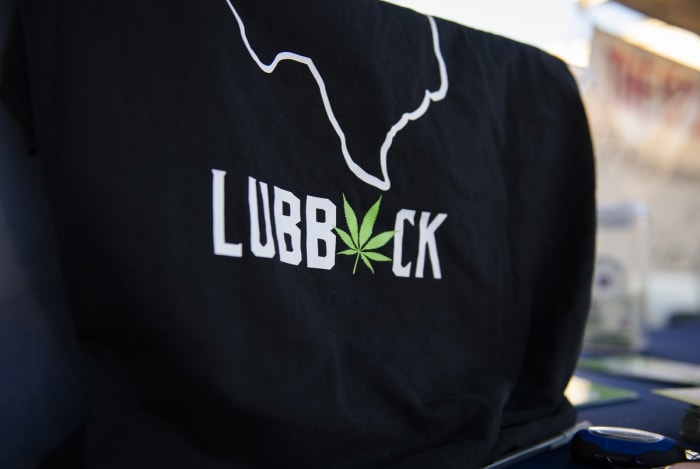
Sign up for The Brief, The Texas Tribune’s daily newsletter that keeps readers up to speed on the most essential Texas news.
In conservative Killeen, it was apparently the veterans. In eclectic Denton, the college community. In left-leaning Austin, most likely the white liberals.
But who will show up at the polls to decriminalize marijuana in staunchly right, rural-adjacent, fiercely independent Lubbock?
The slow green wave of voter-driven marijuana decriminalization in Texas hits the largest city in the South Plans this weekend, as Lubbock residents vote on a proposed ordinance that would decriminalize small amounts of marijuana.
It’s a test, not just for the movement, but for direct democracy in the Lone Star State.
The proposed ordinance — if approved — would instruct Lubbock police to stop arresting adults for possession of less than 4 ounces of marijuana in most cases.
Texas is one of 26 states that has not fully legalized marijuana. The 24 states that have include both liberal California and conservative Montana. For an issue like pot — which is nearly impossible to label politically — support in this city of 265,000 could come from anywhere.
“We have people who would classify themselves as far right who are for this,” said Adam Hernandez, a candidate for mayor and communications director for Lubbock Compact, the organization behind the local effort. “We’ve got people obviously on the other side of the spectrum, and everybody in between, and they’re from every profession, every age group.”
The opposition is easier to identify.
The outcry against Proposition A, as it’s called, appears to be pipelined largely through the megachurches and hard-right, pro-law enforcement GOP state leaders.
Where Hernandez sees evidence of widespread support — signatures for the ballot initiative came from all over the city, he said — his opponents carry huge bullhorns.
State Rep. Dustin Burrows, R-Lubbock, has come out strongly against the effort.
Burrows released a video recently calling Proposition A “part of a nationwide effort by the left to undermine our public safety laws” and saying they were funded by liberal mega-donor George Soros “to change the fabric of our great nation and put our neighborhoods and values under siege.”
“Next we’ll see local ordinances proposed to defund the police, to decriminalize shoplifting, to allow squatters to stay in houses rent free, and even Green New Deal ordinances to shut down our oil and gas industry,” Burrows says in the video. “Let’s send a clear message that Lubbock is still a conservative beacon of hope in a country that is losing touch with morality and the rule of law.”
Similar ordinances have passed in six other cities: Austin, Killeen, Harker Heights, Denton, Elgin and San Marcos. In some cases, city officials have resisted putting the voter-approved ordinances in place. And Texas Attorney General Ken Paxton has taken steps to block them from going into effect.
Passage in Lubbock would signal support among the same voters who overwhelmingly banned abortion — by the same direct-democracy mechanism — in Lubbock even before Texas lawmakers did. It would illustrate favorable opinion for the issue in the same county that overwhelmingly turned out for President Donald Trump in the 2020 election.
And it would run counter to the stances of — and maybe even lay pressure on — most of the anti-marijuana GOP politicians the region sends to Austin, whom advocates have been unable to convince after years of awareness and lobbying campaigns.
“We’re building local movements that put pressure on City Hall to comply with the will of voters about marijuana reform,” said Mike Siegel, political director for Ground Game Texas, which is pushing for similar ordinances across the state.
Perhaps, Hernandez said, if enough cities adopt such policies, state lawmakers will follow the will of their constituents.
That’s why decriminalizing marijuana in such a hard-to-crack conservative stronghold could dramatically boost the movement to pass similar voter-driven ordinances in other regions of Texas outside the liberal metropolitan areas, supporters say.
“We think that Lubbock is a bellwether, if you will, or that it will at least be a wake-up call if it passes,” Hernandez said. “It would help the overall movement for sure. Because the state has ignored the citizens on this issue for several years.”
That’s key to any effort to decriminalize weed across the state, because there is no process in Texas for a voter-driven statewide referendum that would let voters from the Rio Grande Valley to the Panhandle decide what they want their marijuana laws to be.
There is little hope for a law in favor of marijuana decriminalization or outright legalization while hard-right social conservatives are in charge of the state. Lt. Gov. Dan Patrick, who presides over the Senate, and his allies have blocked legislation that would relax marijuana laws in the past.
There’s even less hope for a constitutional amendment, which would be the only way to put the question to voters across the state. Only lawmakers can pose a statewide question and to do that, it would need two-thirds support from a historically unenthusiastic Texas Legislature.
Support for varying levels of marijuana reform polls upwards of 65% statewide. The Texas House signaled its support for expanding access to medical marijuana by overwhelmingly supporting legislation last session that would have added a host of conditions allowed by the state’s medical marijuana program, including depression and anxiety.
But proponents have not been able to find enough support in the Texas Legislature to get anything to the governor’s desk.
“That’s a breakdown of the democratic process,” said Siegel, a candidate for Austin City Council. “Texans want some sort of marijuana reform but a minority of Texas Republicans, led by Lt. Gov. Dan Patrick, are preventing this from happening.”
Texas does allow direct democracy — voter-driven lawmaking, as opposed to politician-driven lawmaking — in municipal elections. Voters can collect signatures to force ballot measures that create or strike down city ordinances.
Historically, that right has been frequently exercised without pushback from legislative leaders, in cities large and small, on a host of issues ranging from texting bans to paper bag restrictions.
However, state leaders have begun to push back. During the last legislative session, the Legislature approved a law that effectively prohibits cities from putting in place certain policies that might go beyond state law, such as requiring employers to have paid sick leave. Burrows, the Republican House representative from Lubbock, led the effort to pass the bill. The law, while in effect, is being challenged in court.
More recently, Gov. Greg Abbott stopped short of taking a position on the Lubbock ordinance but took aim at the effort, saying the issue of cities trying to supersede state law was “really bigger than just the issue about marijuana on the ballot.”
“They don’t have the authority to override state law,” Abbott told a KAMC reporter last week. “If they want to see a different law passed, they need to work with their state legislators.”
Abbott added: “If we have every city in the entire state of Texas picking and choosing which laws the state has passed that they are going to enforce, that would lead to chaos legally in the state of Texas and so it’s an unworkable system.”
State leaders took a similar position when city governments themselves began enacting ordinances to create sanctuary cities for undocumented immigrants, saying that cities may not enact statutes in direct opposition to state law.
“We have had a lot of situations where cities have passed ordinances, but the state can come in and pass laws that supersede them and say, ‘No, you can’t do that,’” said Sherri Greenberg, an assistant dean at the University of Texas at Austin LBJ School of Public Affairs and a former state representative. “So you have this issue of local control versus state preemption.”
Usually, the state wins.
Paxton is suing five of the cities that have voted to decriminalize marijuana — Harker Heights’ ordinance was immediately repealed by the city council — and has threatened Lubbock with similar legal action if it follows suit.
To sidestep potential legal action, supporters included a section in Proposition A that ratchets it down to a budgetary suggestion — prioritize other crimes over marijuana violations — if courts decide that Lubbock can’t decriminalize a substance without the blessing of state lawmakers.
But the proponents of marijuana decriminalization are determined to make a statement, even if it means that they’re testing the legal limits of what voters can demand of the laws in their communities.
The new ordinances, Siegel said, are about the voters telling the cities how to allocate their resources. The permissive laws around low-THC cannabis, known as hemp, in Texas offer a strong argument for allowing the ordinances to stick, he said.
“The Texas Constitution allows for home-rule cities, and home-rule cities are allowed to set priorities of prosecutorial discretion,” he said.
Unlike the discourse over similar propositions in places like Austin, where marijuana had already been unofficially decriminalized for years before it was voted on in 2022, the battle in Lubbock has been divisive, emotional, and personal.
Epithets hurled on social media, marquee politicians hitting the airwaves, and signage in front of megachurches highlight the intensity of the fight. Hernandez was even accused, by a pastor in the pulpit of a large local church, of trying to turn Lubbock into “a sanctuary city for the cartel.”
The City Council has already rejected a similar proposal. The mayor and the sheriff have come out against it. Locals are at powerful odds with each other.
Voters are hitting the polls early at double the rate they did in the 2022 municipal elections, and while it’s unclear at this point what’s driving them, Hernandez and others who are watching the election say it’s likely Proposition A that’s stirring up unusual interest.
Only about 10% of Lubbock registered voters have, for the past four decades, regularly turned out to municipal elections.
Residents in the city’s more affluent southwest neighborhoods are voting early at a higher rate than those in Lubbock’s lower-income east side communities, data from the Hernandez campaign shows.
Supporters point to statistics that show that while marijuana is used by a broad swath of people in all demographics, white and affluent included, arresting people for small amounts of marijuana creates huge disparities in the justice system and has bigger implications in the lower-income communities of color.
In Lubbock, for example, Black residents account for 8% of the population but 29% of the marijuana arrests, according to a report by Ground Game Texas. Similarly, Latinos make up 37% of the population but nearly half the arrests. Only one in five people arrested on marijuana charges in Lubbock are white.
Hernandez, who has been involved in community politics for years in Lubbock before his run for mayor, said Lubbock has plenty of challenges more important than marijuana — which he said criminalizes people for minor crimes.
“We’ve got serious issues that we deal with here that are much more serious than somebody having a joint in their car or being in possession,” he said. “Property crime, sex trafficking, gang activity, gun violence, domestic violence. … And we don’t have unlimited police resources.”
Opponents say that Lubbock should stop the movement in its tracks.
Staff writer Jayme Lozano Carver contributed to this report.
Disclosure: University of Texas at Austin and University of Texas at Austin – LBJ School of Public Affairs have been financial supporters of The Texas Tribune, a nonprofit, nonpartisan news organization that is funded in part by donations from members, foundations and corporate sponsors. Financial supporters play no role in the Tribune’s journalism. Find a complete list of them here.
We’ve got big things in store for you at The Texas Tribune Festival, happening Sept. 5–7 in downtown Austin. Join us for three days of big, bold conversations about politics, public policy and the day’s news.
Texas
Texas rep reiterates 'simple' stance when it comes to women's sports
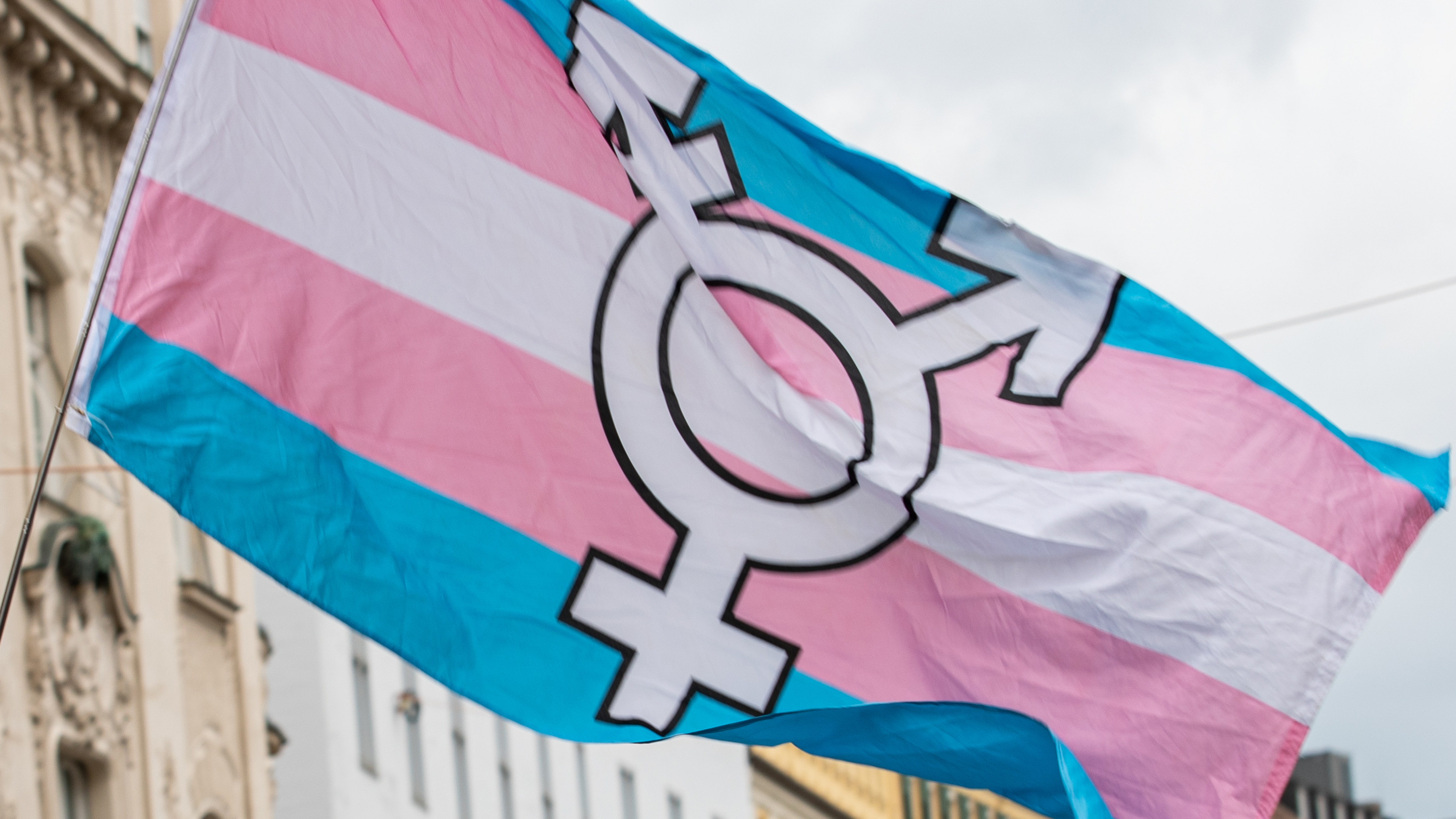
Rep. Pat Fallon, R-Texas, on Wednesday made clear there was no shot the state would adopt the Biden administration’s Title IX changes.
Fallon made his remarks on OutKick’s “Don’t @ Me with Dan Dakich,” expressing his overwhelming support for Gov. Greg Abbott’s decision to forgo the changes.
Abbott, in a letter sent to the White House Monday, rebuked the Biden administration’s expansion of Title IX protections to safeguard “gender identity.”
CLICK HERE FOR MORE SPORTS COVERAGE ON FOXNEWS.COM
U.S. Rep. Pat Fallon, R-Texas, questions a witness during a House Oversight and Reform Committee hearing on the U.S. southern border in the Rayburn House Office Building Feb. 7, 2023, in Washington, D.C. (Kevin Dietsch/Getty Images)
“Women’s sports, ready, wait for it — in Texas, we keep things simple — are for women. And if you’re a dude, and you want to pretend you’re a woman, again, free country, knock yourself out on the sidewalk, but you’re not going to join women’s sports teams.
“We’re not going to subject those women to having you change, with all your nakedness, and violate their privacy, their right to privacy. And how ‘bout this? Their right to compete.”
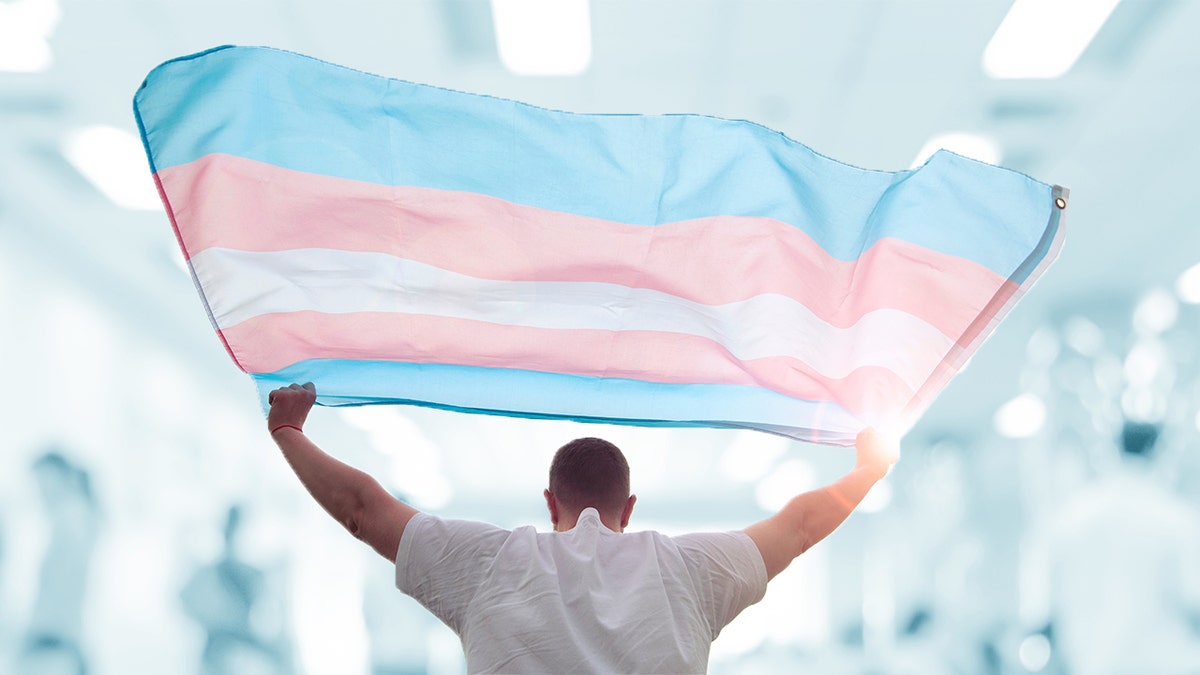
Texas is among states that have chosen not to adopt Title IX changes. (Adobe Stock)
RILEY GAINES SLAMS NEW TITLE IX PROTECTIONS AS THE ‘MOST ANTI-WOMAN’ PURSUIT OF THE BIDEN ADMINISTRATION
While the administration’s new rules broadly protect against discrimination based on sex, they do not offer guidance for transgender athletes, but many Republican-led states argue that they could be interpreted that way.

The Biden administration enacted the Title IX changes in April. (AP Photo/Damian Dovarganes)
CLICK HERE TO GET THE FOX NEWS APP
Texas is not alone in oppsing the Title IX updates. State officials from Florida, Oklahoma, Georgia and elsewhere have expressed intentions to legally challenge the federal government about enacting the protections.
Fox News’ Timothy Nerozzi contributed to this report.
Texas
Texas Longhorns Transfer Trey Moore ‘Going to Be a Problem,’ Says Steve Sarkisian

AUSTIN — The Texas Longhorns have lost tons of talent to the NFL this offseason, but the team has reloaded through the transfer portal.
One of those transfer additions could soon prove to be the most impactful, especially when considering recent comments made by Texas coach Steve Sarkisian.
When speaking at the Touchdown Club of Houston on Wednesday, Sarkisian had some notable praise for outside linebacker Trey Moore.
“(Trey Moore) is going to be a real problem,” Sarkisian said. “He’s going to be a guy to watch this fall.”
The Smithson Valley High School and San Antonio product stayed home in the 210 as part of the 2021 recruiting class, and it paid off. After recording just one tackle as a freshman, he starred for the UTSA Roadrunners and coach Jeff Traylor last season, posting 14 sacks during the regular season, the third-most in FBS, while adding 45 total tackles, three passes defended, one forced fumble and an interception. This came after he had eight sacks and two forced fumbles in 2022.
Moore matching that 14-sack total in the SEC would almost be unheard of based on the rise in competition both from his opponents and his other teammates on defense also fighting for big numbers. However, if he can improve upon his monstrous 2023, the Texas defense could boast one of the country’s best individual pass-rushers.
Texas will open up the season against Colorado State in Austin on Aug. 31.
-

 News1 week ago
News1 week agoLarry Webb’s deathbed confession solves 2000 cold case murder of Susan and Natasha Carter, 10, whose remains were found hours after he died
-

 Education1 week ago
Education1 week agoVideo: Dozens of Yale Students Arrested as Campus Protests Spread
-

 World7 days ago
World7 days agoHaiti Prime Minister Ariel Henry resigns, transitional council takes power
-

 News1 week ago
News1 week agoFirst cargo ship passes through new channel since Baltimore bridge collapse
-

 World1 week ago
World1 week agoUS secretly sent long-range ATACMS weapons to Ukraine
-

 World1 week ago
World1 week agoTurkey’s Erdogan meets Iraq PM for talks on water, security and trade
-

 World1 week ago
World1 week agoSpanish PM Pedro Sanchez suspends public duties to 'reflect'
-

 News1 week ago
News1 week agoAmerican Airlines passenger alleges discrimination over use of first-class restroom
